In today's rapidly evolving industrial landscape, maximizing efficiency and reliability is paramount for maintaining competitiveness. One crucial component that has gained significant attention is the high pressure ball valve. These valves play a pivotal role in the seamless operation of modern industrial systems, enabling precise control over fluid flow and pressure.
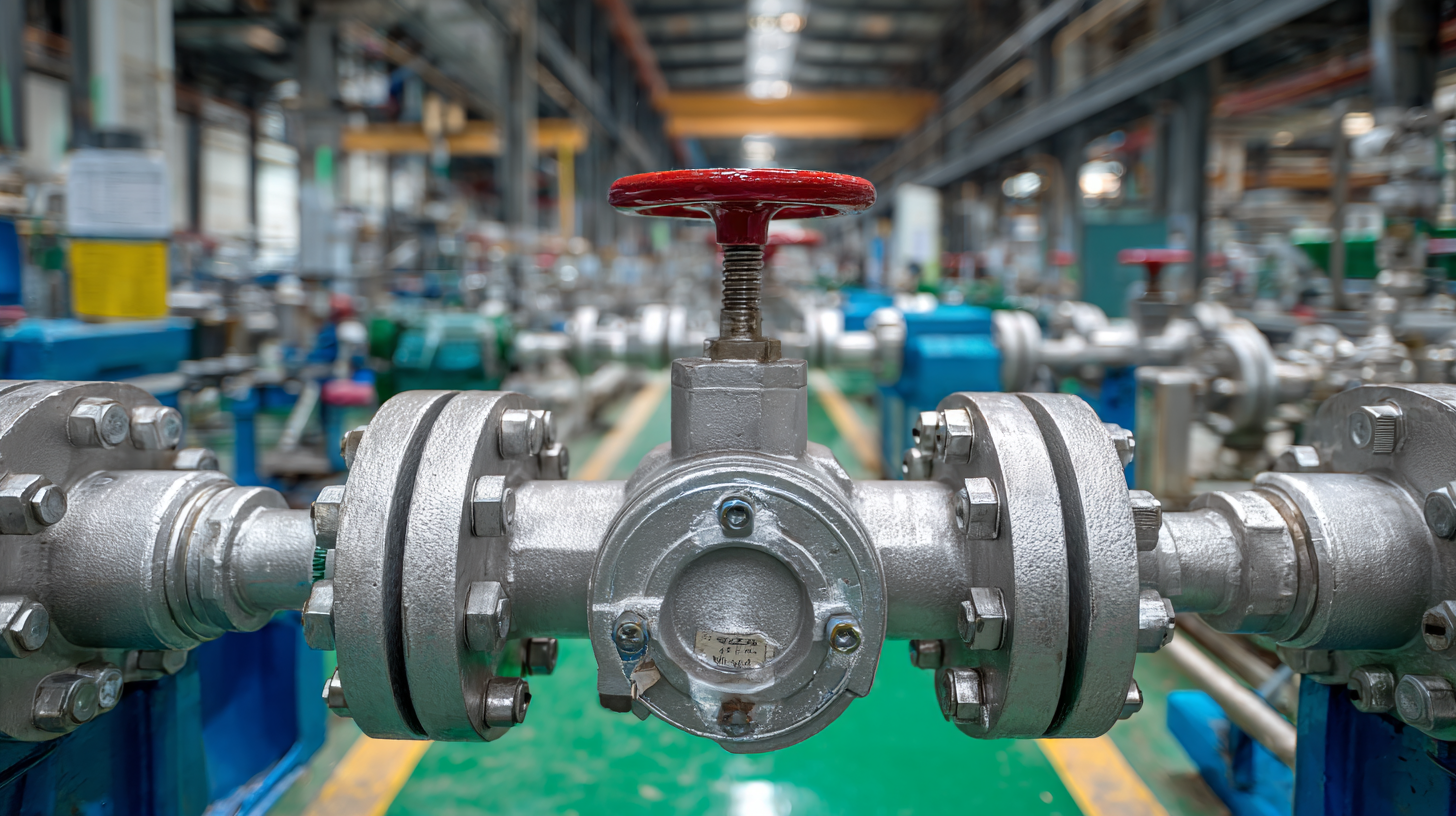 By offering superior sealing features and the ability to withstand extreme pressures, high pressure ball valves ensure optimal performance across a range of applications, from oil and gas to chemical processing.
This article will explore the ins and outs of high pressure ball valves, providing a comprehensive guide on their functionality, advantages, and best practices for integration into various industrial processes.
Understanding how to effectively utilize these valves can unlock new levels of efficiency and reliability in your operations.
By offering superior sealing features and the ability to withstand extreme pressures, high pressure ball valves ensure optimal performance across a range of applications, from oil and gas to chemical processing.
This article will explore the ins and outs of high pressure ball valves, providing a comprehensive guide on their functionality, advantages, and best practices for integration into various industrial processes.
Understanding how to effectively utilize these valves can unlock new levels of efficiency and reliability in your operations.
High pressure ball valves play a crucial role in industrial fluid control systems, providing essential functionality that enhances operational efficiency. These valves are designed to withstand extreme pressures and temperatures, making them ideal for various applications, such as oil and gas, chemical processing, and power generation. Their robust construction ensures reliability and safety, allowing industries to maintain optimal performance while managing hazardous materials.
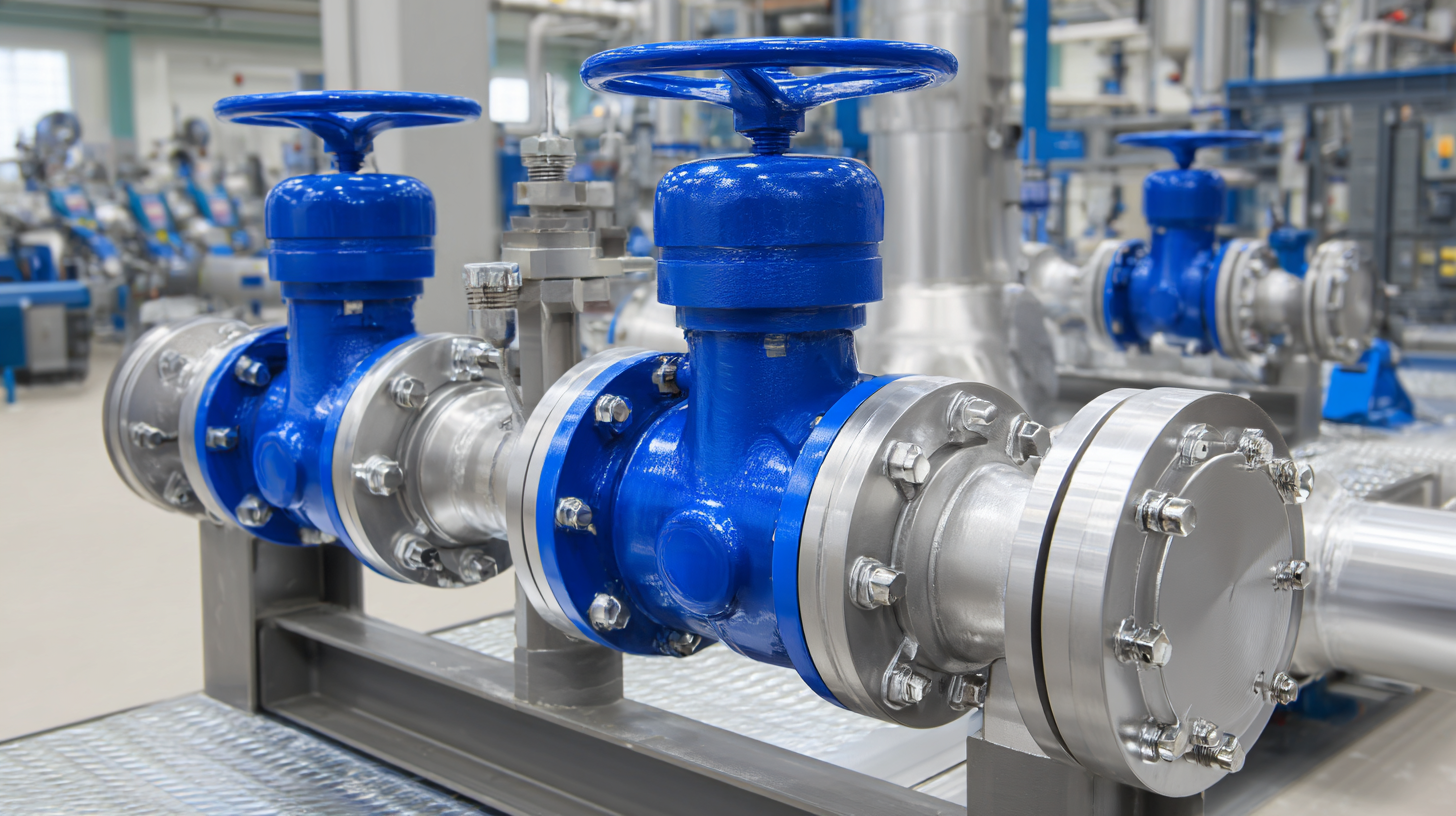 Moreover, the quick shut-off feature of ball valves minimizes downtime, enabling smoother workflow and reducing the risk of leaks or spills.
Moreover, the quick shut-off feature of ball valves minimizes downtime, enabling smoother workflow and reducing the risk of leaks or spills.
Tips for Choosing High Pressure Ball Valves:
When selecting high pressure ball valves, consider the specific requirements of your system. Ensure that the valve material is compatible with the fluids it will handle to prevent corrosion or degradation. Additionally, pay attention to the valve rating and testing standards, ensuring they meet industry regulations for safety and efficiency. Regular maintenance checks can also extend the lifespan of these critical components, ensuring continuous and effective operation in demanding environments.
The selection and maintenance of high pressure ball valves not only improve system reliability but also contribute to overall cost savings in industrial fluid control. Their ability to perform under high-stress conditions makes them indispensable for industries that prioritize efficiency and safety in their operations.
High pressure ball valves are increasingly recognized for their critical role in enhancing operational efficiency across various industrial systems. According to a report by MarketsandMarkets, the global ball valve market is expected to grow from USD 7.23 billion in 2020 to USD 10.47 billion by 2025, driven by the rising demand for efficient fluid control in sectors such as oil and gas, chemicals, and water treatment. The design of high pressure ball valves allows for quick and reliable shut-off capabilities, minimizing downtime and preventing leaks, which is crucial in maintaining productivity and safety in high-pressure systems.
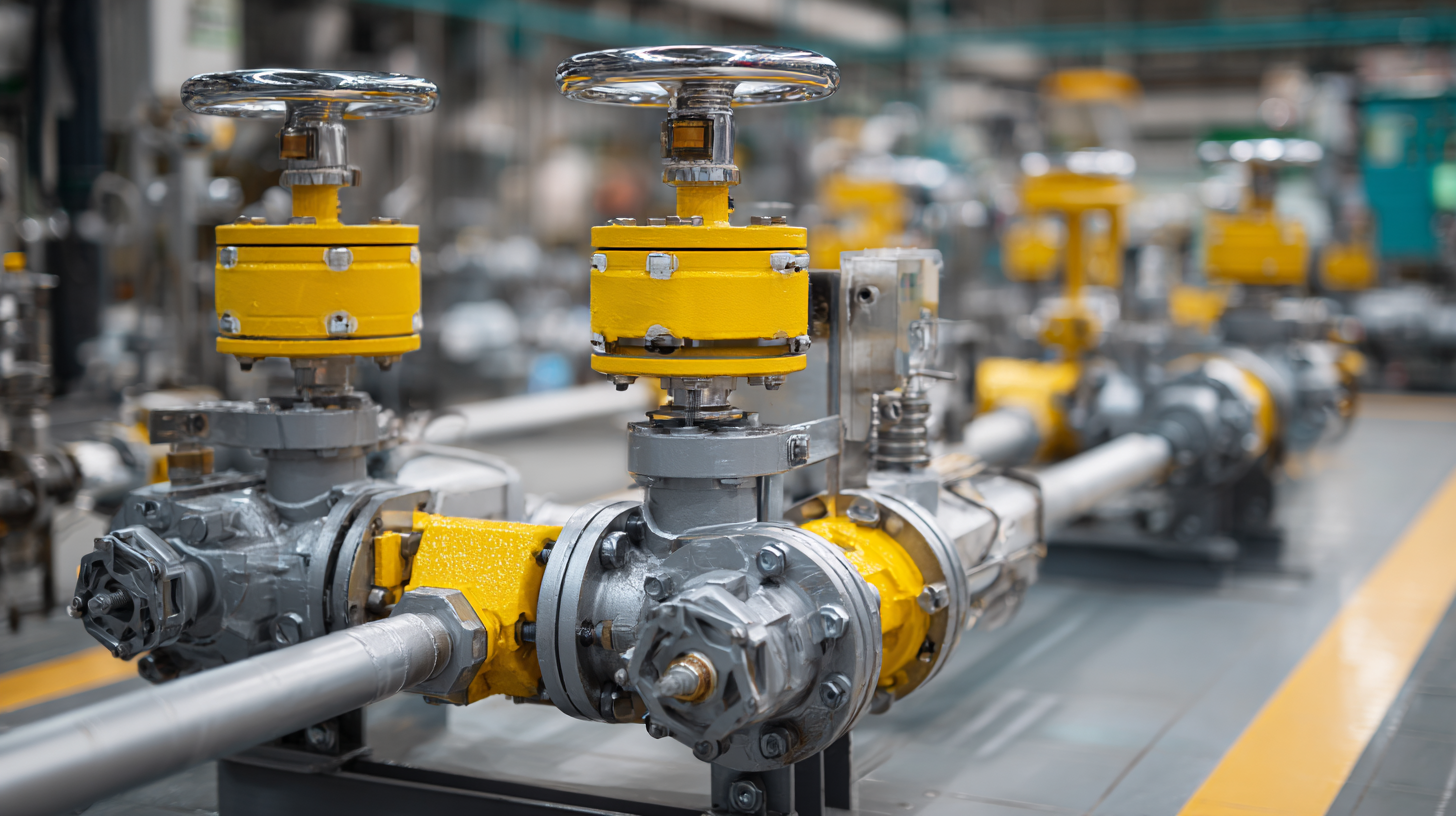
One of the major advantages of high pressure ball valves is their ability to handle extreme pressures and temperatures without compromising performance. A study published in the Journal of Industrial Engineering revealed that implementing high pressure ball valves in processing facilities could lead to a 20% reduction in energy consumption due to their efficient flow characteristics. Furthermore, their simple quarter-turn operation makes them easy to automate, allowing for faster response times and improved operational workflows. As industries strive for higher efficiency and lower operational costs, high pressure ball valves present a valuable solution that aligns with these objectives.
The market for high pressure ball valves is experiencing significant growth, driven by the increasing demands of various industries such as
oil and gas, chemical processing, and power generation.
As these sectors expand, the need for reliable and efficient fluid control systems becomes paramount. High pressure ball valves, known for their durability and ability to handle extreme conditions,
are becoming essential components in modern industrial applications.
Several factors are contributing to the rising demand for these valves. First, advancements in manufacturing technologies have improved the performance and reliability of high pressure ball valves,
making them a preferred choice for critical applications. Additionally, the global push for automation and efficiency in industrial processes is leading to increased investments in high-tech valve solutions.
Companies are recognizing the importance of reducing downtime and enhancing operational efficiency, which high pressure ball valves can provide due to their
quick operation and tight sealing capabilities. As industries continue to evolve, the market for high pressure ball valves is poised for robust growth, reflecting a shift towards more efficient and reliable systems.
High pressure ball valves have become indispensable components in modern industrial systems, particularly due to their ability to enhance process reliability. According to a report by MarketsandMarkets, the global ball valve market is projected to reach $13.9 billion by 2026, driven by increasing demand for efficient fluid control in various sectors. The durability and tight sealing capabilities of high pressure ball valves contribute significantly to minimizing leakages, thus ensuring that processes operate smoothly and efficiently. Specifically, these valves can maintain pressure ratings of up to 10,000 psi, proving their crucial role in high-stakes industries such as oil and gas, chemical processing, and power generation.
Tips: Regular maintenance of high pressure ball valves can help in early detection of wear and tear, ensuring they function optimally. Implementing routine inspections can prolong valve life and prevent potential process interruptions.
Moreover, performance metrics reveal that high pressure ball valves contribute to reduced downtime. A study published in the Journal of Industrial Efficiency indicates that robust valve configurations can decrease operational failures by up to 25%. These valves also facilitate quick shut-off capabilities, which are essential for safety and responsiveness during emergencies in industrial settings. As industries strive for improved operational efficiency, the integration of high pressure ball valves stands out as a strategic investment for bolstering system reliability.
Tips: When selecting high pressure ball valves, consider their body material and surface finish to ensure compatibility with the working medium, as this can greatly influence their performance and longevity.
| Parameter | Metric | Value | Impact on Reliability |
|---|---|---|---|
| Operating Pressure Range | psi | 5000 - 15000 | Ensures minimal leakage and consistent performance under varying pressures |
| Temperature Resistance | °F | -50 to 400 | Allows use in extreme environments, enhancing operational flexibility |
| Flow Coefficient (Cv) | - | 20 - 100 | Improves flow efficiency and reduces energy loss in fluid systems |
| Material Composition | - | Stainless Steel, Brass | Enhances durability and resistance to corrosion, ensuring long-term reliability |
| Operational Lifespan | Years | 10 - 20 | Reduces maintenance costs and downtime, enhancing overall productivity |
As industries continue to evolve, the demand for innovative and sustainable solutions is propelling advancements in high-pressure ball valve technology. The Swiss factory in Seewis, known for its commitment to quality and innovation over the past 50 years, stands at the forefront of this transformation. Leveraging cutting-edge manufacturing techniques, this facility focuses on developing plastic valves and actuators that meet the rigorous demands of modern industrial systems while minimizing environmental impact.
Moreover, the focus on smart technology is becoming increasingly prominent in valve manufacturing. Recent developments in intelligent control systems for valves enhance operational efficiency and reliability, paving the way for more adaptive fluid management solutions. As industries strive to embrace sustainability, the integration of smart valves with renewable energy systems, such as hydrogen fuel technologies, is essential. This convergence not only addresses the challenges of energy transition but also highlights the role of advanced valve technologies in achieving a cleaner future. Through continuous innovation, the high-pressure ball valve market is poised to play a crucial role in enhancing performance and supporting sustainable practices across various sectors.
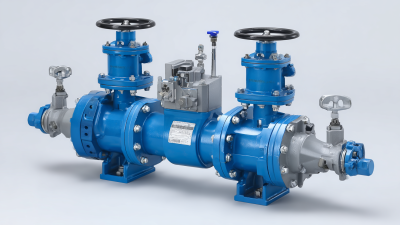

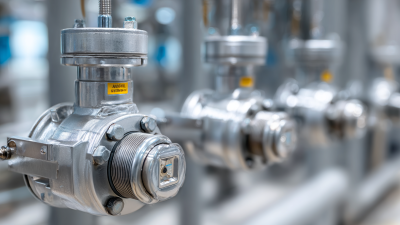
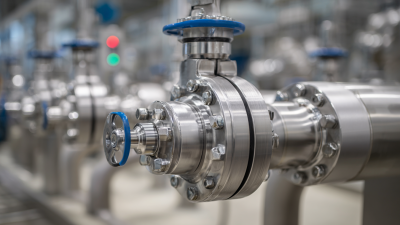

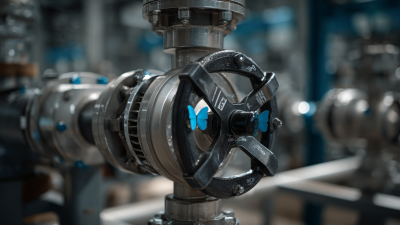



Same Day Shipping
ISO Certified Production